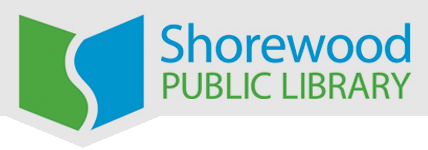Posted Apr 12, 2021
“Music – what a powerful instrument, what a mighty weapon.” Maria Von Trapp
Music is so much more than entertainment. Music is potent medicine for our bodies and our minds. Healthy benefits of music experiences include improved cardiac health. Research shows that music can reduce heart rate, lower blood pressure, and improve blood flow. It also boosts physical performance and endurance. Listening to music spurs the release of brain chemicals including serotonin, dopamine, and endorphins which can reduce feelings of stress, anxiety, depression and pain symptoms. Music can also be used to strengthen memory whether it’s learning the alphabet or treating dementia.
Music is also a powerful tool to support cognitive, social and physical development in young children. Experiences with music, beginning in infancy, help form the brain connections needed for learning in several critical areas.
- Language Development – Language skills create a platform for children’s intellectual, social, and emotional development. Language is the way we make sense of and interact with the world. The human brain processes language and music in similar ways. A song’s rhythm and rhyme help children develop the ability to recognize individual sounds in language. Developing that phonemic awareness is key to learning language and learning to read. Music may also help build vocabulary.
- Math Skills – Experiences with music have also been shown to support understanding of math concepts such as patterns, sequencing, fractions, timing and spatial awareness. Spatial awareness is necessary skill for math, science, and reading.
- Physical Development – Combing music and movement helps develop small and large motor skills.
- Emotional and Intellectual Development – Music can play a role in managing emotions and developing self-regulation skills. Musical experiences also strengthen memory, listening and attention skills.
While the neuroscience behind the link between music and early learning may be complex, acting on it is easy. Sing to and with your children. Play different types of music. The library has a large collection of children's music on CD and DVD, as well as digital music through Hoopla. Make music part of daily routines – meal times, play, bath, and bedtimes. Sing familiar songs like Twinkle, Twinkle Little Star and Splish, Splash or make up new lyrics to familiar melodies. Use common household items as instruments. Share picture books based on popular songs. Explore some of the many online or in-person music classes available for children.
To sample one of the Wisconsin Conservatory of Music’s classes for young children, join us Saturday April 17 at 10 a.m. for a Music and Movement class via Zoom. Registration is required.
Read more about the benefits of music –
Five Things To Know About Early Literacy
Making Music: Literacy Tips for Parents
Beyond Twinkle Twinkle - Using Music With Infants and Toddlers
The Benefits of Music Education
Boosting Literacy with Musical Movement
Share This:
